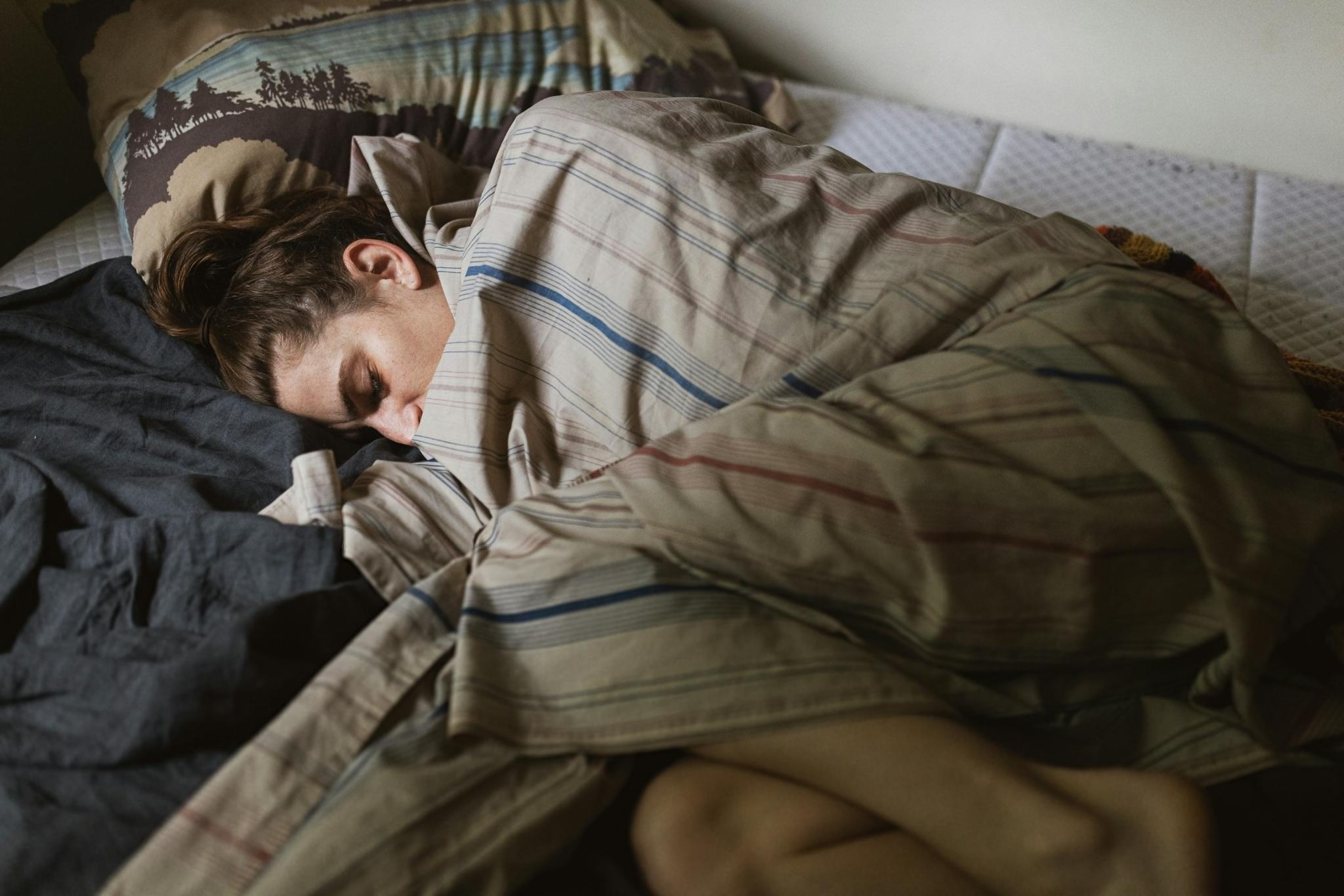Depression and Pregnancy
Last updated
First published

Depression during pregnancy is a severe condition and affects between 6-10% of all pregnant women. Depression during pregnancy is usually taboo, but you need to talk loudly about it and get treatment, even if it is cross-border.
Signs of Depression
Depression or a feeling of depression is not something you should be ashamed of. Because even though pregnancy should like to be equal to a happy time, it can develop into a worrying time due to thoughts, worries, changed circumstances, and personal affairs. You are not alone in this.
Typical symptoms of depression are:
Mood swings
Increased or decreased appetite
Insomnia or difficulty falling asleep
Doubt about your abilities as a mother
Tendency to cry
Thoughts about death or suicidal thoughts
Depression during pregnancy can easily be treated, and the sooner it happens, the better. Research also suggests a link between untreated depression and delayed development in the child because the fetus is affected by the chemical reactions that occur during a depression.
Depression affects the baby
If you develop depression during pregnancy that is not treated professionally, it can affect your relationship with your baby after birth. It is essential to have a good and early bond between you and the child, but depression can make it challenging to feel utterly close to the child - and it makes it difficult for you to fill the needs of the child.
Untreated depression can also have the following consequences:
Premature birth
An underweight child
A more irritated child
A child who is not attentive or expressive
It can also be a challenge to take proper care of yourself if you do not maintain your body's healthy eating habits.
Prevention of depression
Depression can affect all pregnant women. However, the risk is more significant if you had depression before or had very depressed periods. As far as possible to prevent depression can:
Put yourself well with the pregnancy, birth, and the role of parent self and with others
Talk to a midwife or health visitor about depression and the symptoms of the
Talk to others about your concerns
Listen to your body's needs
Depression is a severe illness that takes time to get over. Therefore, you must get treatment if you feel signs of depression. Feel free to see your doctor so that together you can find out what the best treatment method is for you.
Treating Depression
Care and support from your loved ones are not enough to treat your depression. Together with a doctor and possibly a health nurse, it will be assessed which treatment will be best for you and benefit you the most.
Treatment can be:
Antidepressant medication
Conversation course with a psychologist
Conversation course with a psychotherapist
What is best and most effective for you depends on how severe your depression is. However, the most important thing is that you get started on treatment to get the best possible start with your baby after the birth.
